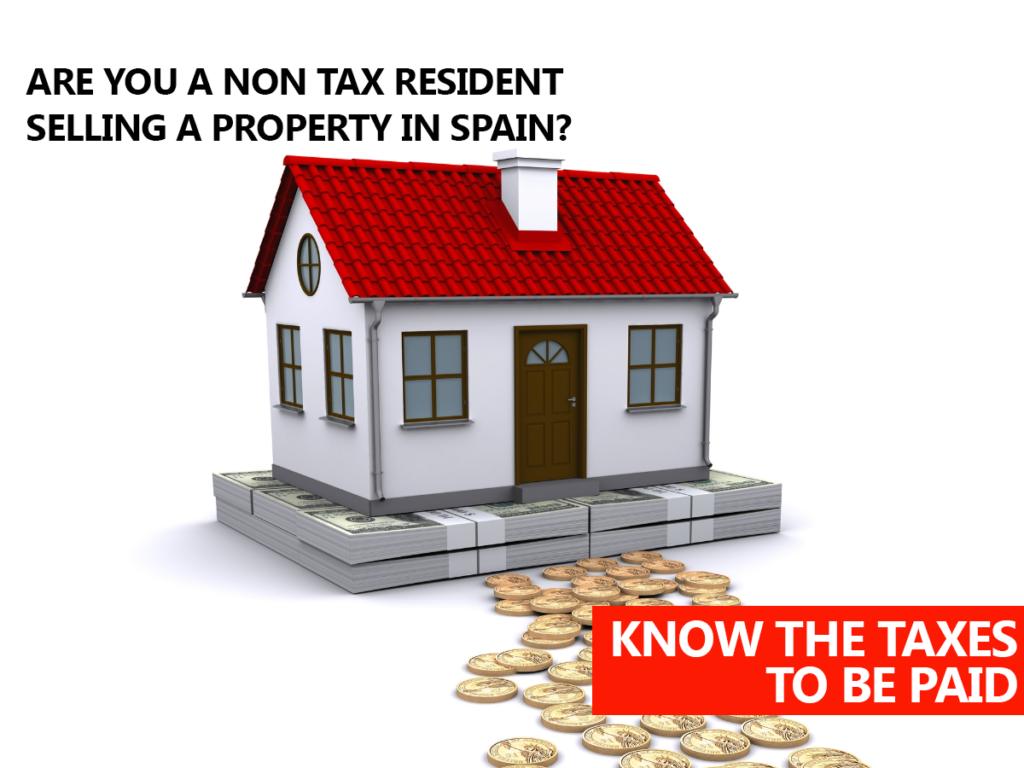Dear lawyer,
In connection with a sale of property in Spain by non-residents, we would like to know: what taxes must be paid and how they are calculated? also, what works are deductible? Is a new swimming pool deductible? Is there a tax to be paid if we reinvest in another property?
Dear reader, thank you for your enquiry.
In principle if a Non Tax Resident individual in Spain sells a property, they must pay two taxes:
1) Tax on the Increased Value of Urban Land. Also it is known as a municipal Plusvalia.
To be paid to the Town Hall, this tax is generated by the increase in value of urban land, realized at the time of the transfer of the property. The tax is calculated by applying a percentage fixed by the Town Hall on the cadastral value of the property, and considering the time that the real estate has been owned by the transferor, so the longer you have it, the higher the Plusvalia will be.
For this tax the works or improvements made to the property are irrelevant.
2) Capital Gains Tax for Non-residents.
This tax charges the gains obtained by non-resident individuals, and is calculated by the difference between the acquisition value and the transfer value of the property.
The acquisition value is the amount at which it was bought, inherited, etc. This amount should include all expenses necessary for the acquisition, such as taxes, notary fees, registration fees, lawyer fees, etc.
The transfer value is the selling price, less all those costs and expenses inherent such as payment of the municipal plusvalia, estate agent fees, etc.
From the 12 of July 2015 the percentage to be paid is 19.50%.
We understand the construction of a pool to be an investment or improvement, and therefore should be considered and deducted, bearing in mind the value of the investment and the time when it was made.
As for the possibility of reinvesting the gain, Spanish Law provides that if a person sells his habitual residency, they may be exempt from paying Capital Gains Tax, if they reinvest the earnings obtained, in buying another habitual residency.
Finally, there is a new rule that affects non-resident, who can now benefit in some cases from the exemption of Capital Gains Tax on the sale of their main residency in Spain, even if it is no longer their home and they are non-tax residents.
If you sell a property in Spain and you need advice, contact us
The information provided in this article is not intended to be legal advice, but merely conveys general information related to legal issues.
Carlos Baos (Lawyer)
Spanish Law firm solicitor attorney barrister.
Alicante, Denia, Costa Blanca Marina Alta
White & Baos 2015 – All rights reserved
